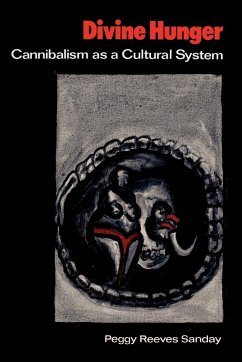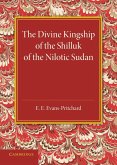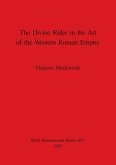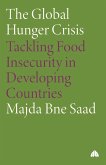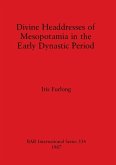The practice of cannibalism is in certain cultures rejected as evil, while in others it plays a central part in the ritual order. Anthropologists have offered various explanations for the existence of cannibalism, none of which, Peggy Sanday claims, is adequate. In this book she presents a new approach to understanding the phenomenon. Through a detailed examination of ritual cannibalism in selected tribal societies, and a comparison of those cases with others in which the practice is absent, she shows that cannibalism is closely linked to people's orientation to the world, and that it serves as a concrete device for distinguishing the "cultural self" from the "natural other". Combining perspectives drawn from the work of Ricoeur, Freud, Hegel, and Jung and from symbolic anthropology, Sanday argues that ritual cannibalism is intimately connected both with the constructs by which the origin and continuity of life are understood and assured from one generation to the next and with the way in which that understanding is used to control the vital forces considered necessary for the reproduction of society. She reveals that the presence or absence of cannibalism in a culture derives from basic human attitudes toward life and death, combined with the realities of the material world. As well as making an original contribution to the understanding of a significant human practice, Sanday also develops a theoretical argument of wider relevance to anthropological analysis in general. The book will appeal to anthropologists, psychologists, sociologists, and other readers interested in the function and meaning of cannibalism.

